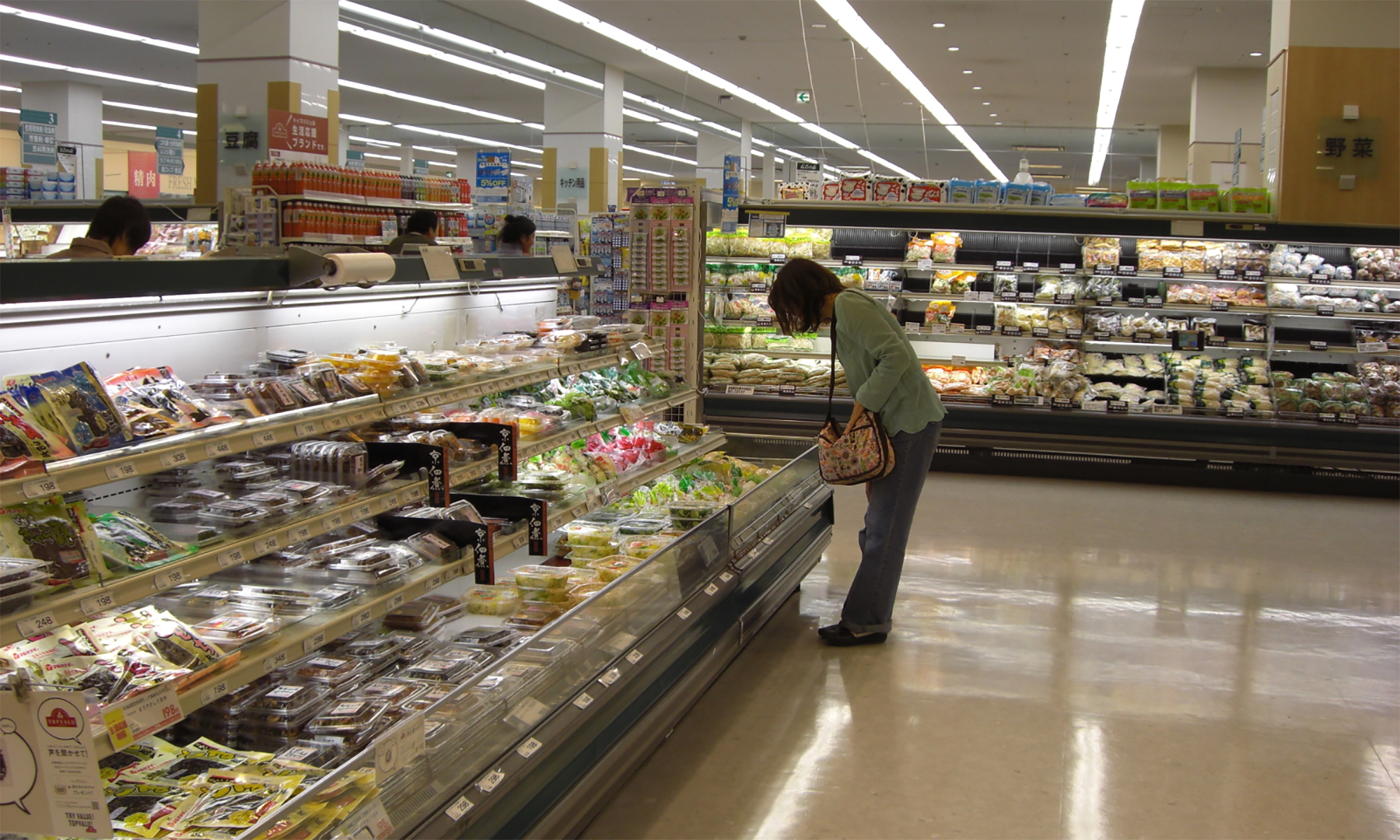Inflation in the Spanish State in April was 8.3%
- Food is becoming even more expensive and electricity and fuel costs have fallen slightly. Although the inflation rate has declined between March and April, data for the past 35 years are the highest in recent months.

Inflation data continue to affect historical peaks. The INE reports the figures recorded in April in the Spanish State and that inflation stood at 8.3%. Inflation in March was 9.8%, and the percentage has declined. However, what we are experiencing is the highest inflation period of the last 35 years.
According to the INE, food and non-alcoholic beverages continue to grow. It has placed particular emphasis on increasing prices for meat, bread, cereals, vegetables, legumes, milk, cheese and eggs. In fact, the INE analyses the evolution of the prices of different foods and all of them have increased compared to April last year, with an increase of 9.3%. Olive oil is growing by 42.5%, pasta by 25% and fruit by 9.5%.
Food banks forecast a significant increase in demand, which this year may reach 20 per cent.
Costs that have increased the most
In addition, electricity and fuel prices reached their peak in March, but in April they decreased slightly. As regards electricity, the price of megawatts per hour in March was EUR 283, at least for users of the regulated PVPC tariff (the free market is not covered by the INE). In April, the average hourly megawatt price was 190 euros.
This cost reduction seems to be due to factors such as the decrease in consumption due to increased temperatures.
Data on inflation show the most pressing area: electricity, gas and water. These costs have increased by 36.3% in the last year.
Insufficient discount
Fuel costs have also decreased in April, possibly due to the discount set by the Spanish Government of 20 cents per litre, with a decrease of 6%. Fuel costs, however, remain very close to historical peaks, with an increase of 29.1% in one year.
Underlying inflation has also been measured, i.e. inflation without taking into account a number of variable meters, fresh food and energy. This is mainly used to see the trend in prices in the medium term. The underlying inflation in the Spanish State has been the highest since 1995: it has risen to 4.4%.
The Consumer Price Index (CPI) declines back to its position in the case of the Spanish State, which is already below the 2% established by the current economic doctrine. The evolution of underlying inflation is slower, but, well, policy makers have been satisfied and announced... [+]
When we didn't completely overcome Covid-19, it attacked us with a phenomenon known in the economy, inflation. In fact, at the end of 2021, the constant rise in general prices began to be explained, before the war in Ukraine.
The causes of inflation are multiple, but in short,... [+]
The Charter of Rights of the Basque Country offers us on 19 November the possibility of ceasing to look with envy at the stoppages of England, the manifestation of Berlin or the strikes and mobilisations of the French State. Local situations will make us protest and the workers... [+]























